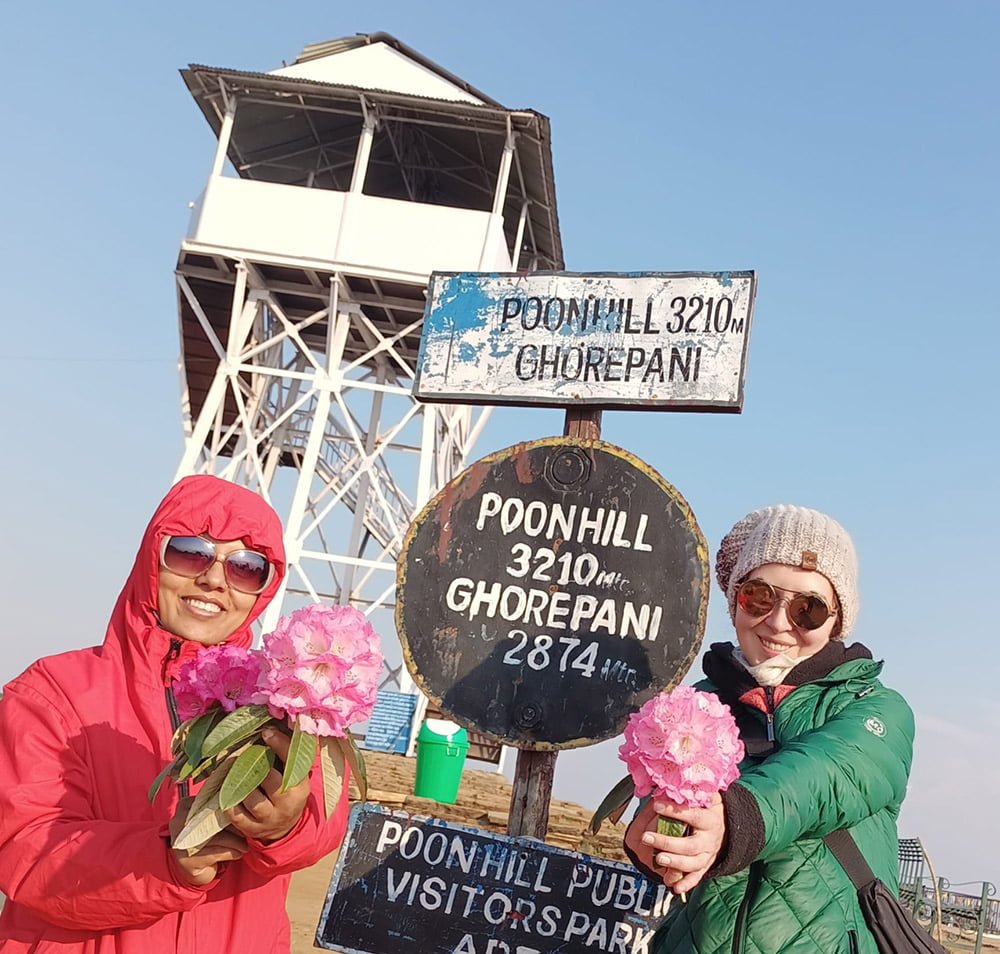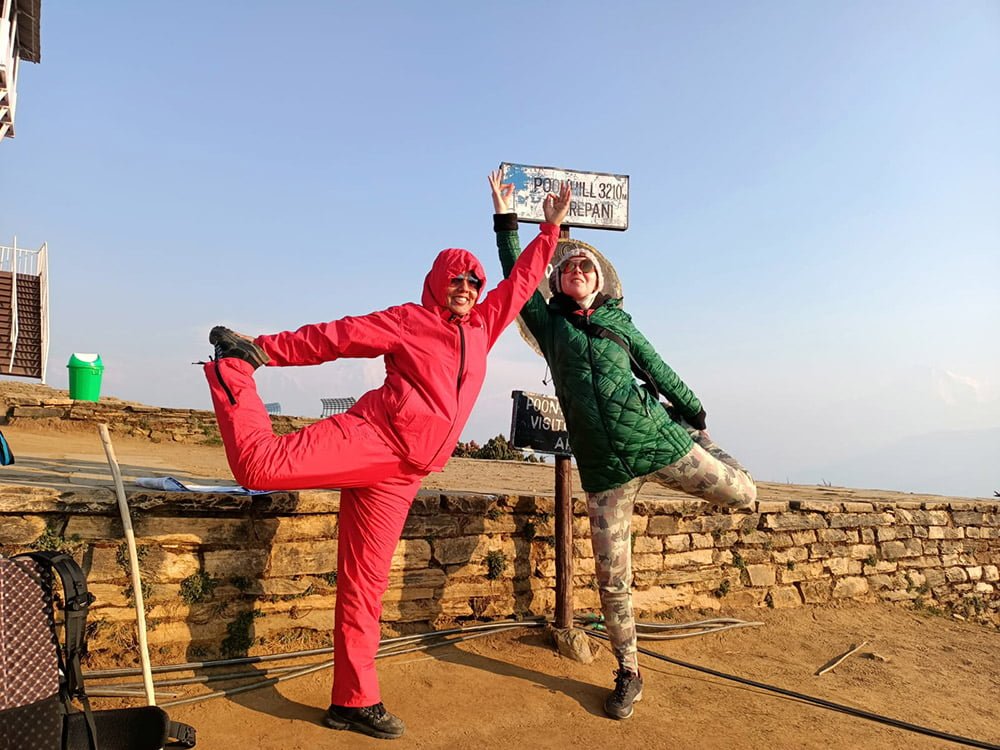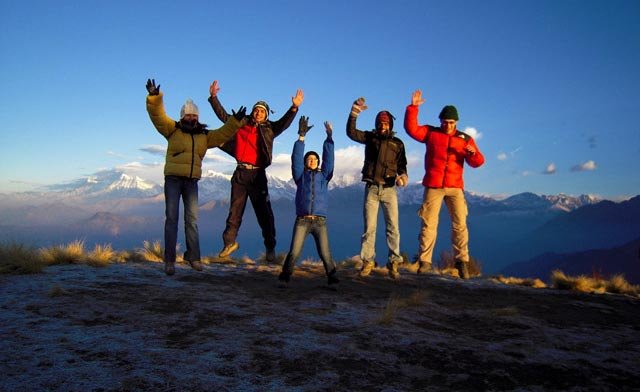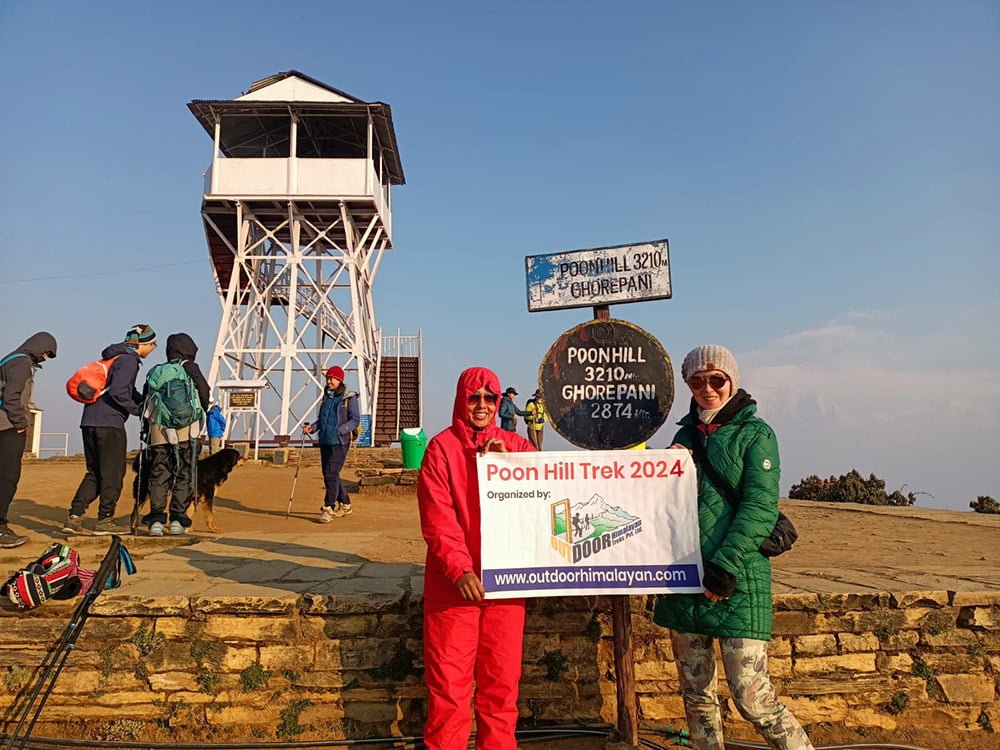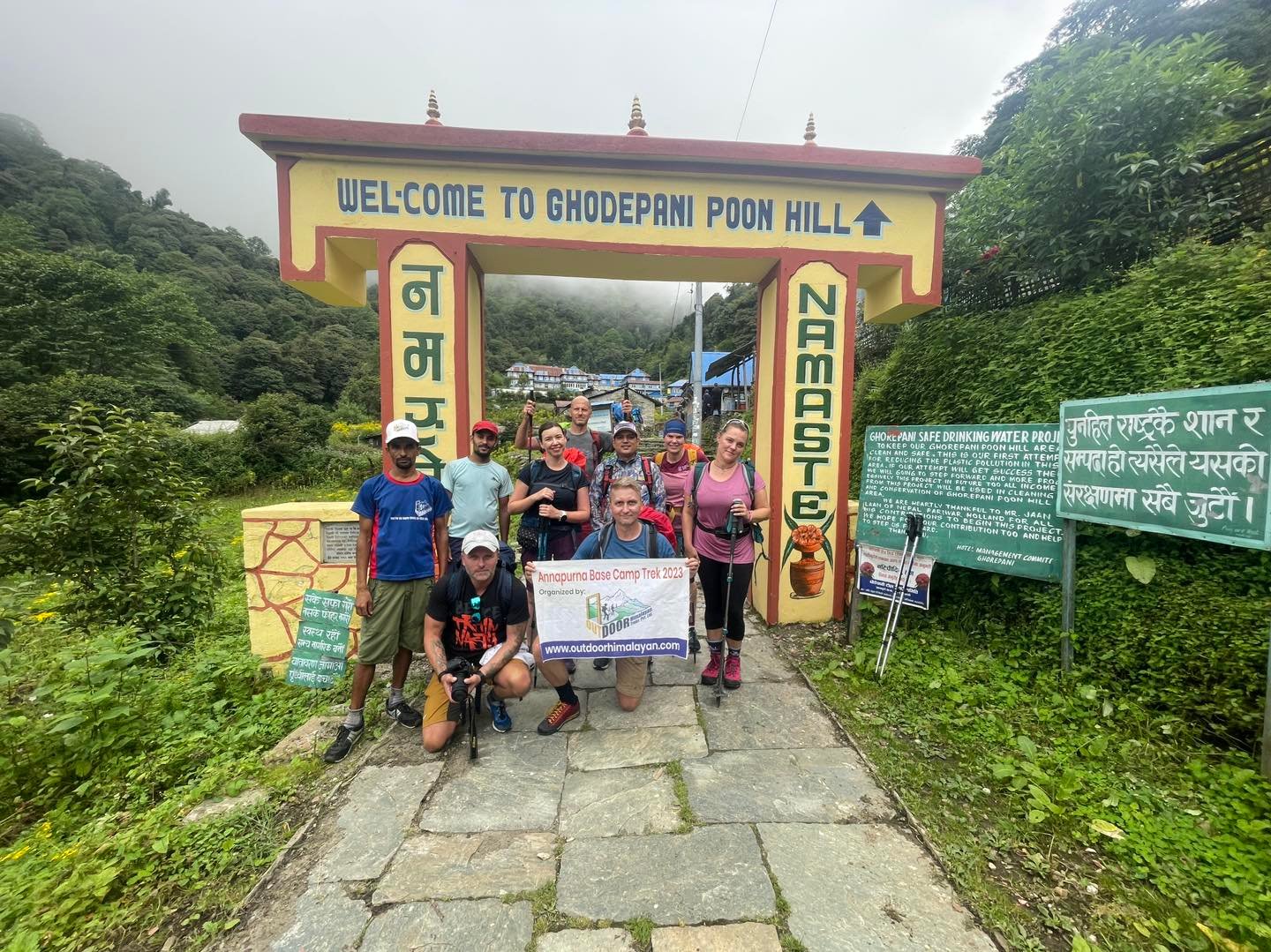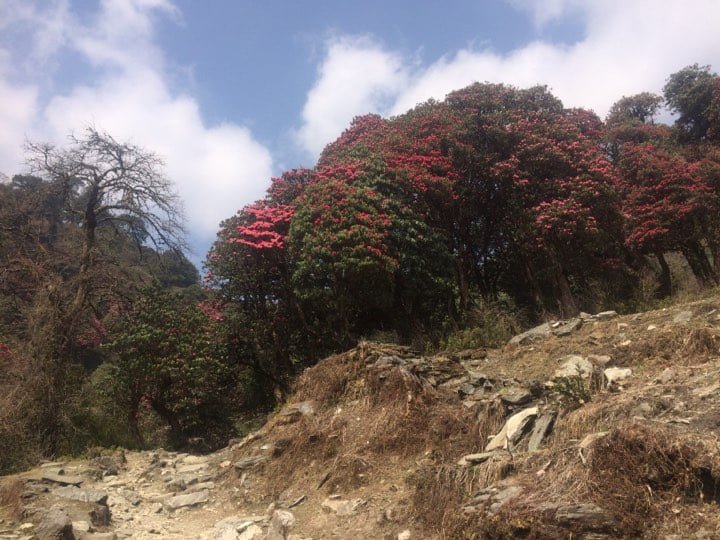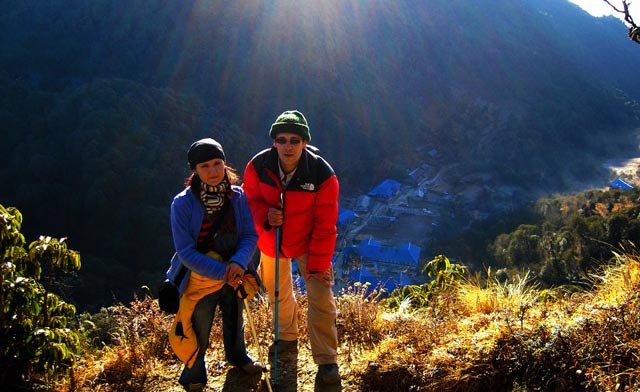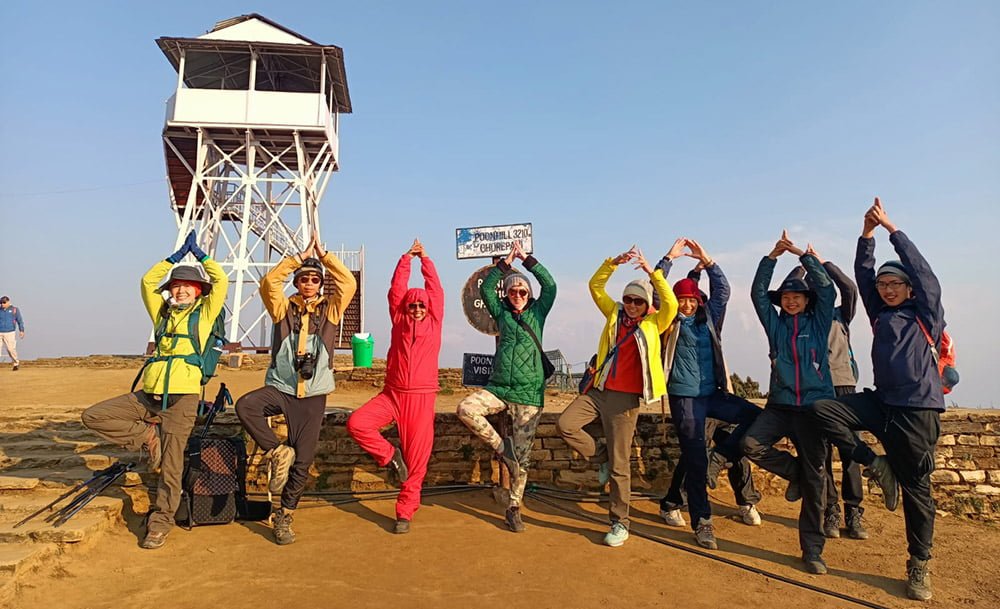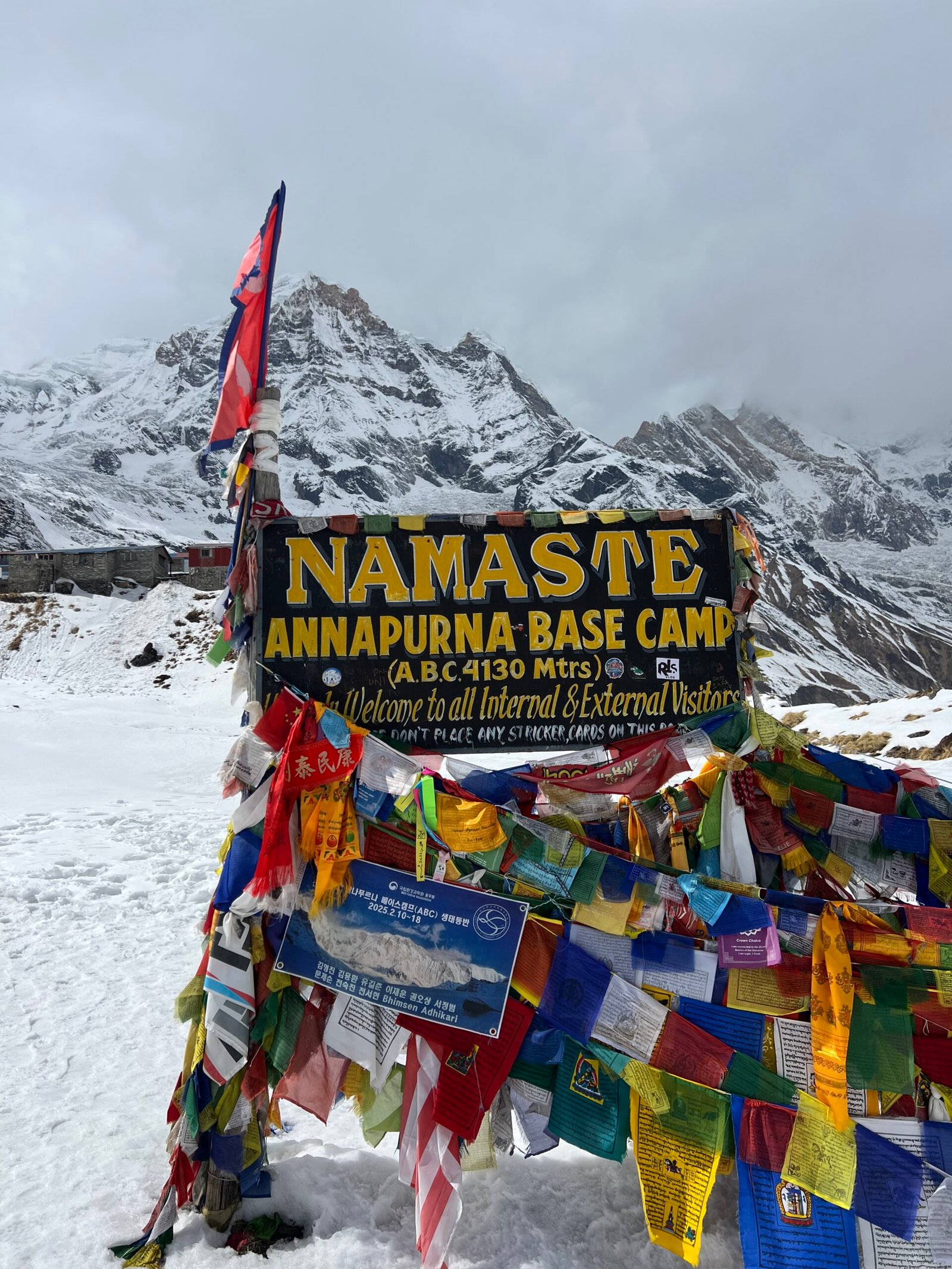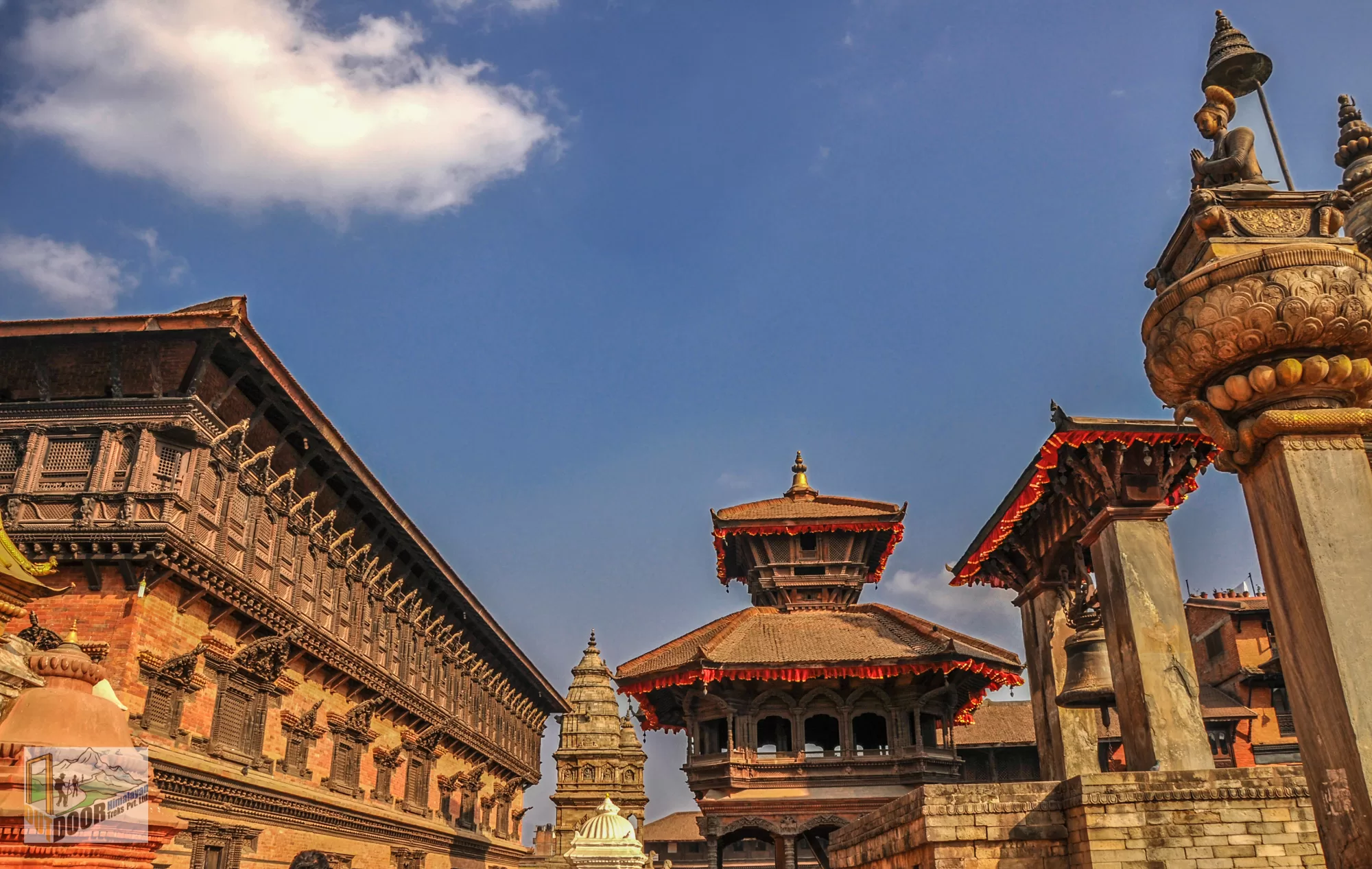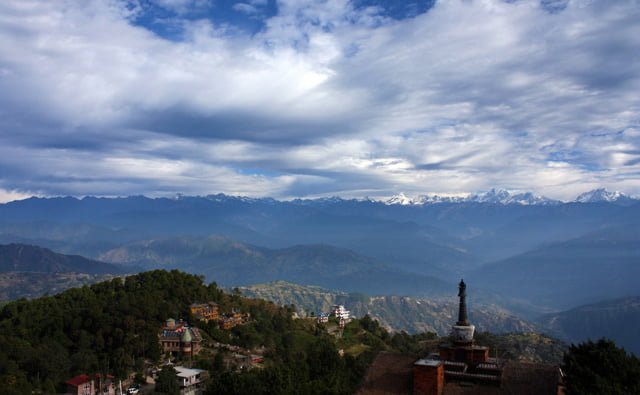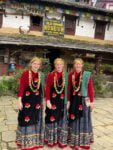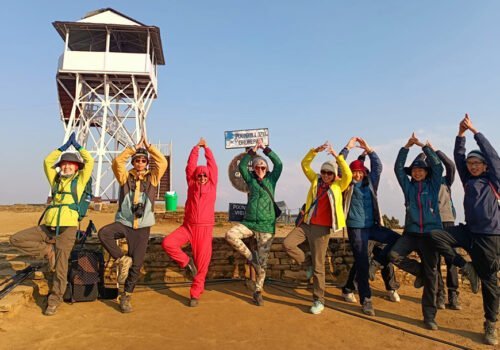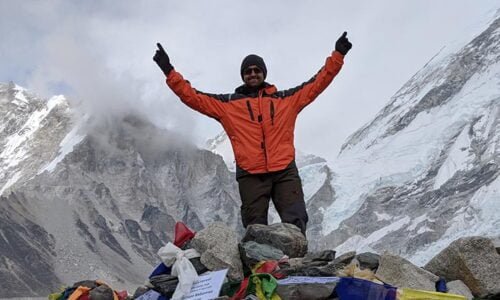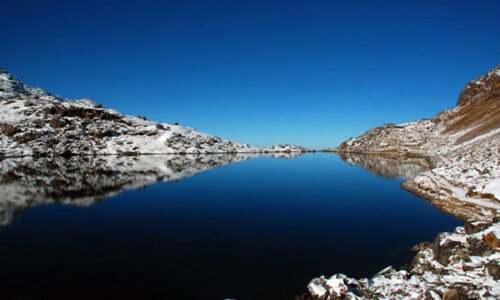Accommodation:
During the Ghorepani Poon Hill Yoga Trek, you’ll stay in teahouses or lodges that offer basic yet comfortable facilities. Most teahouses have attached bathrooms. Additional services like Wi-Fi, laundry, hot bucket water, and device charging may incur extra costs. Internet and phone networks are generally stable in lower regions. Your package includes 2 nights in standard hotels in Kathmandu and Pokhara.
Meals:
Enjoy 3-course, full-board meals throughout the trek, ensuring healthy and hygienic dining. Breakfast and dinner are provided at the teahouses, while lunch is served at stopovers along the trail.
Drinking Water:
Drinking water is readily available during the trek. You can purchase mineral water, fill tap water, or opt for boiled water at teahouses. In cities, hotels provide easy access to drinking water. To minimize plastic waste, always carry a reusable water bottle. Travelers can also use water purification solutions or buy mineral water, which costs approximately USD 1-2 per bottle.
Public vehicles or airways are the means of transportation during the Ghorepani Poon Hill Yoga Trek. Private vehicle options are also there.
- Kathmandu – Pokhara – Kathmandu by tourist bus
- Transfer from Pokhara to Birethati and return to Pokhara by private transport.
- Flight options (Kathmandu – Pokhara – Kathmandu) and Private vehicles are available at an applicable cost.
The Ghorepani Poon Hill Yoga Trek can be undertaken year-round, across all four seasons: Spring (March-May), Autumn (September-November), Monsoon (June-August), and Winter (December-February). However, the ideal seasons are Spring and Autumn, as the weather and temperatures are stable, offering clear skies and breathtaking mountain views.
While trekking in cities remains manageable during winter and monsoon, the trails can become riskier due to unpredictable weather, slippery paths, and limited availability of accommodation and services. Nevertheless, with proper planning and preparation, the trek is still possible during these seasons.
Ghorepani Poon Hill Yoga Trek requires compulsory two permits i.e. Annapurna Conservation Area Permit (ACAP) and the Trekkers Information Management System (TIMS).
Annapurna Conservation Area Permit (ACAP)
- Foreigners- NPR 3000/person
- SAARC- NPR 1000/person
Trekkers Information Management System (TIMS)
- Foreigners- NPR 2000/person
- SAARC- NPR 1000/person
- Diplomats/Foreign Officials & their families- NPR 500/person
Documents required
- Scanned copies of passport-sized photos and passports of each participant
- Travel Insurance
- Annapurna Conservation Area Permit (ACAP)
- TIMS
Difficulty:
The Ghorepani Poon Hill Yoga Trek is an easy trek suitable for trekkers of all age groups, as it involves no technical challenges. For first-time trekkers, the difficulty level is considered moderate. The trek reaches a maximum elevation of 3,210 meters. Walking long hours daily on steep, ascending, and descending rough trails may be challenging for some. While previous trekking experience is beneficial, it is not mandatory. Our team provides full support throughout your journey, from start to finish.
Fitness:
The Ghorepani Poon Hill Yoga Trek is relatively easy, and trekkers with a good level of fitness can comfortably complete it. Participants should be in good physical and mental health. It is advisable to consult a doctor before embarking on the trek, especially for those with pre-existing health conditions. To prepare for the trek, consider the following physical and mental exercises:
Physical Exercises
Cardiovascular Exercises, Leg Strength Exercises, Core Strength Exercises, Upper Body Strengthening, Foot and ankle Strengthening, Flexibility and Stability Exercises, and Hiking Specific Training.
Mental Exercises
Meditation, Breathing Exercises, Stress Management, Solo Reflection, Focus and Concentration Improvement, Setting a goal, Practicing problem-solving skills, Staying Calm and Positive, Enjoying every activity, etc.
The maximum elevation during the Ghorepani Poon Hill Yoga Trek is 3,210 meters. Altitude sickness is common above 2,500 meters, and as the elevation increases, the risk of experiencing it also rises. To prevent altitude sickness, acclimatization rest is crucial. Follow the acclimatization schedule as outlined in the itinerary during the trek.
Common Symptoms of Altitude Sickness:
- Headache
- Nausea
- Dizziness
- Uneasiness
- Loss of appetite and sleep
- In extreme cases, unconsciousness or hallucinations
Preventions for Altitude Sickness:
- Take proper acclimatization rest as recommended.
- Inform your guide immediately if you experience any symptoms.
- Climb slowly and gradually to allow your body to adjust.
- Stay hydrated by drinking plenty of water.
- Avoid alcohol and salty foods.
- Be aware of your body’s limits and avoid overexertion.
- Ensure adequate rest and sleep.
- Consult your guide before taking any medication for altitude sickness.
By following these precautions, you can minimize the risk of altitude sickness and enjoy a safe and memorable trekking experience.
It acts as a safety net and is essential for trekking. We recommend getting travel insurance from a reputed company.
- Make sure that you are insured against cancellations, accidents, health, emergency evacuation and loss, theft of, or damage to, baggage, and personal effects.
- In emergencies, we will arrange for a helicopter rescue, medical treatment, and aftercare for you. All these costs shall be borne by your travel insurance company.
Ghorepani Poon Hill Yoga Trek is an easy-level trek. Thus, it requires basic equipment and gear that trekkers can hire or bring on their own.
Clothes: Windcheater jacket, Thermals, Insulating Down Jacket, Fleece, Long sleeve shirts, Gloves, Towels, Inner garments, Trekking pants, Trousers, Shorts, Socks, Raincoat, Balaclava, Bandana, Gaiters
Shoes: Camp shoes, Pair of hiking boots, Rubber sandals
Essential Documents: Passport, Travel Permits, Visa Photocopy, Passport size photos
Food: Light snacks, Energy bars, and drink mix
Accessories: Sunglasses, Hats/Caps, Sunscreen, Lip Balm, Water bottles, Pocket Knife, Solar chargers, Batteries, Head Lamps, Torch, Umbrella, Sewing kit, Water Purifying solution kits, reusable bags to deposit waste, separate clean/dirty clothes
Equipment: Warm Sleeping bags, Map, Trekking poles, Duffel bag
